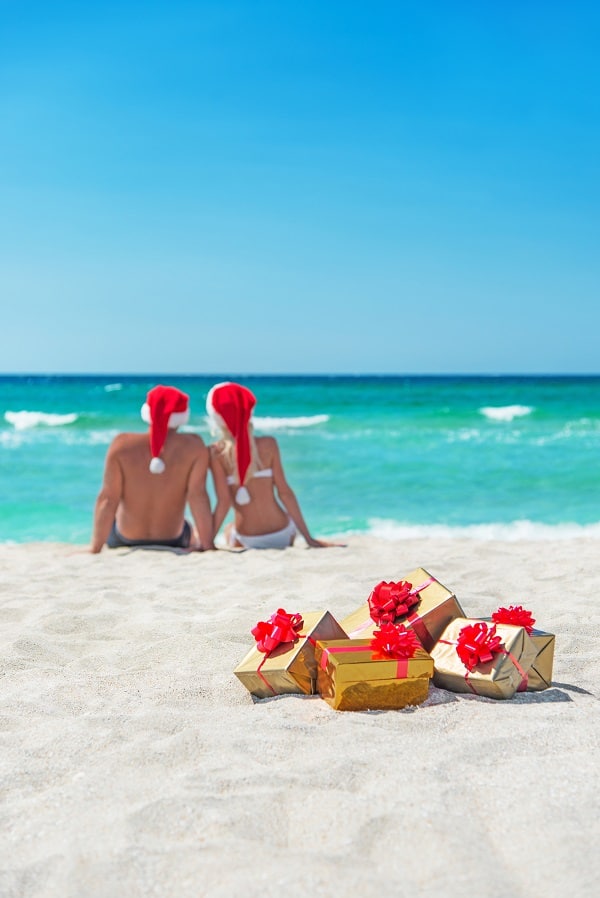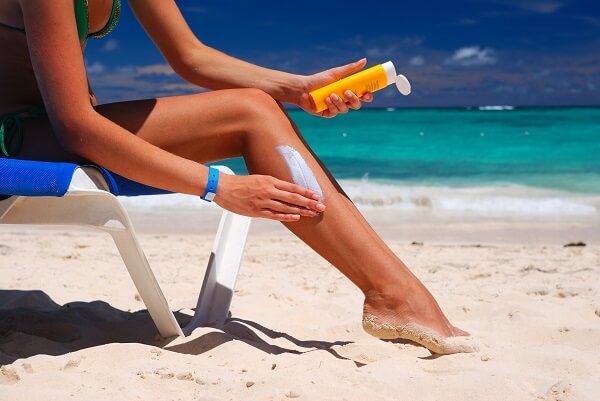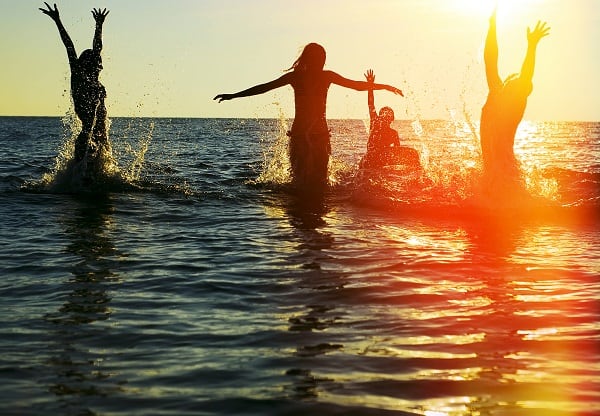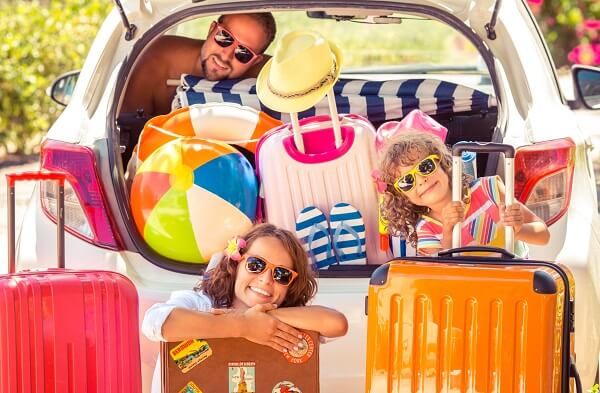Posted on
It’s rare to leave the house these days without carrying some kind of gadget with you; whether a now ubiquitous smartphone, or gadgets with more specific uses, such as sat-navs and mp3 players. Indeed, they are now so commonplace and easy to use, that it can be easy to forget just how many you regularly use, what conditions could potentially damage them, and, most importantly, how desirable they can be to other people.
The advice on this blog will help you to make the most out of your holiday, allowing you to be sure of the maximum efficiency and safety of your gadgets while abroad. After all, the last thing you need when on holiday is to have your favourite or most expensive device stolen from you, or find yourself robbed of all of your diligently gathered holiday snaps!
Flights
While there’s not a dramatic risk of theft or damage occurring to your gadgets while in flight, there are certain restrictions and security measures that may impede the use of certain devices, or prevent their transportation completely. Different airlines may have slightly different policies, so be diligent with when you use certain gadgets during flights. In many cases activating flight mode is plenty to prevent any inflight issues; though double checking with airline staff is always the best policy.
One recent change in airport regulations now means that electronic gadgets must be kept charged, or else passengers risk having them confiscated, or being refused access to the plane itself. The criteria that airport security will judge a gadget by is whether or not they can turn it on; the thinking being that if they can’t, there’s a good chance that the device in question may instead be camouflaging a weapon or bomb. By making sure that your devices are fully charged before you leave for the airport, you ensure that they will be completing the full trip by your side.

Accommodation
When it comes to keeping your gadgets safe and secure in your chosen accommodation, your most paranoid instincts are often the most effective at safeguarding your property. Avoid revealing your gadgets as much as possible, and ensure that they are stored securely in your room (in a locked safe or locker if possible) to minimise the risk of theft in your absence. This can be especially necessary when staying in youth or traveller’s hostels, as there is not only an increased likelihood of strangers sharing your room, but of there being a high turnover of other tenants; making it that much easier for your favourite gadgets to disappear if not sufficiently hidden, or used in a conservative enough manner. A little bit of common sense can make all the difference; it just isn’t worth taking chances with your expensive tech!
On a similarly paranoid note, it’s also a good idea to avoid using public Wi-Fi networks, such as the ones found in many hotels, wherever possible, as these networks are vulnerable to enterprising hackers, potentially opening up your devices to unauthorised access by third parties. There are plenty of ways to secure your devices in such situations, but if you’re not confident about such things, it may be worth avoiding public Wi-Fi networks altogether.
While we’re talking about data networks, also make sure that you’ve turned off data roaming! The last thing you want to find when you return from your trip is a ridiculously large roaming charge.

Out and about
While it’s a good idea to avoid drawing too much attention to expensive devices while staying at a hotel, this advice goes double for travelling out and about in foreign climes. Tourists often make extremely easy targets for thieves and pickpockets; flashing the latest smartphone, or showing of a desirable model of mp3 player just mark you as an obvious, affluent target; which in turn may ultimately rob you of more than just the gadgets you brought with you.
The risk of mugging or theft alone makes a good case for leaving your most valuable and/or desirable gadgets at home when you travel abroad, though there are also other more practical, and environmental reasons for the restriction of gadget usage while abroad.
Extremes of temperature and humidity, for example, can play havoc with electronic gadgets, as can the egress of dirt, dust and sand; so take extra precautions when staying in areas that are likely to expose you to these kinds of conditions. Other factors that may damage or impede the usage of your devices include excess sun cream preventing easy operation, and, as obvious as it may sound operation near or in a swimming pool increases the odds of a gadget finding a premature, watery grave!
More physical holiday activities, such as skiing or snowboarding, also risk damaging your precious gadgets; the usual places that you carry them may place them in harm’s way when on piste. While carrying a smartphone in your back pocket, for easy access should the urge to take snow-based-selfies prove too powerful, may seem like a smart idea, the second you wipe out you may find yourself sitting on the shattered remains of your favourite device!
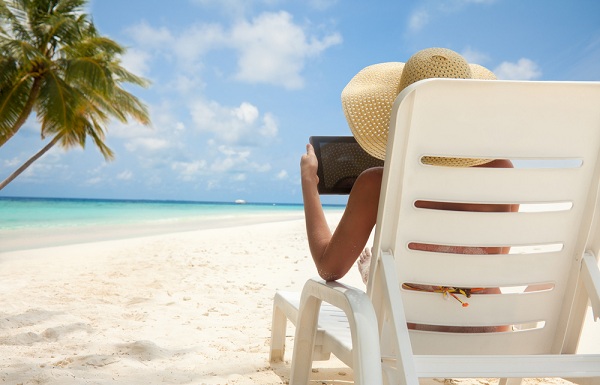
Insurance
Needless to say, while it won’t mitigate the risk of any of the above taking place, taking out the correct level of gadget travel insurancewill go a long way to offsetting any doubts you have about bringing them with you on your travels. A good policy won’t bring back a lost or damaged phone, but it will give you fast access to a replacement, and possibly further restitution.


